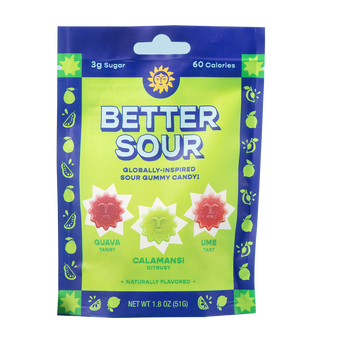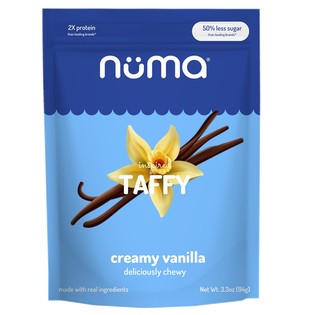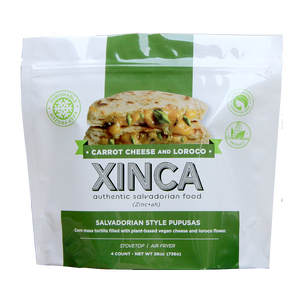
The rising trend of culturally inspired and heritage-rooted foods is enriching the natural products industry and will have a significant presence at Expo East. Led by diverse-owned brands that aim to recover and represent their cultural heritage on store shelves, this movement goes beyond surface-level exploration of ingredients and flavors. Instead, brands turn to ancestral techniques that embody authenticity, traditional wisdom and diverse cultures.
Heritage-rooted foods also build bridges between cultures and unite people through shared culinary experiences. Therefore, by embracing these emerging brands, retailers can cast a broad net, appealing to both the people culturally aligned with particular heritage foods and other consumers eager to explore them.
The movement also challenges stereotypes associated with foods perceived as “foreign” and is inspiring retailers to rethink the longstanding “international” aisles. Instead, many retailers are now spreading these brands throughout the entire store, better reflecting the cultural tapestry and diverse palates and backgrounds of our communities.
Accessibility is a key component of this trend. Brands strive to offer high-quality products that are also affordable, ensuring that cultural authenticity is not limited to a niche market.
Another foundation: the use of locally sourced (where possible) ingredients and simple recipes rather than long ingredient lists. Heritage foods emerged before the rise of today’s massive inventory of stabilizers, flavor enhancers, sweeteners, preservatives and artificial flavors. They also were generally healthier than so many products on shelves today (especially those conventional shelves). The health-forward nature of these brands speaks to the values of health-conscious consumers and contributes toward the brands’ overall appeal and success.

Better Sour Calamansi Candy
A pair of Iranian-American women who grew up in Hawaii and became best friends launched this globally inspired candy brand, which explores flavors from their shared heritage in two places. One new SKU mingles guava, calamansi and ume to celebrate flavors reminiscent of the Hawaiian Islands, while another features pomegranate, apricot and plum in honor of their Iranian heritage. Each product has only 3 grams of sugar and 60 calories, and the company is working toward becoming Non-GMO Project Verified and Certified Gluten Free.

Nüma Foods Creamy Vanilla Taffy
This women-owned company creates healthy versions of Asian-inspired candies based on heirloom family recipes from China. The products are made from upcycled dairy milk powder left over from butter production, along with maltose made from unsold rice grains that are fermented and distilled. Nüma ties the art of upcycling to time-honored processing techniques borrowed from the founders’ lineage to introduce Chinese culinary experiences to candy lovers.

Xinca Foods Carrot Cheese and Loroco Pupusa
Xinca is led by Cynthia Duran, whose family fled the Salvadoran civil war and migrated to the United States. To commune with the culture of their homeland, the family often cooked authentic dishes that reminded them of their beloved native country. That tradition led the family to form Xinca, which offers a unique take on the classic loroco (an edible flower native to Central America) and cheese pupusa. This delicious meal is made with plant-based cheese in the company’s 85% renewable energy-powered facility in Washington.
Read more about:
J.E.D.I.About the Author
You May Also Like
.png?width=700&auto=webp&quality=80&disable=upscale)



.jpg?width=700&auto=webp&quality=80&disable=upscale)
